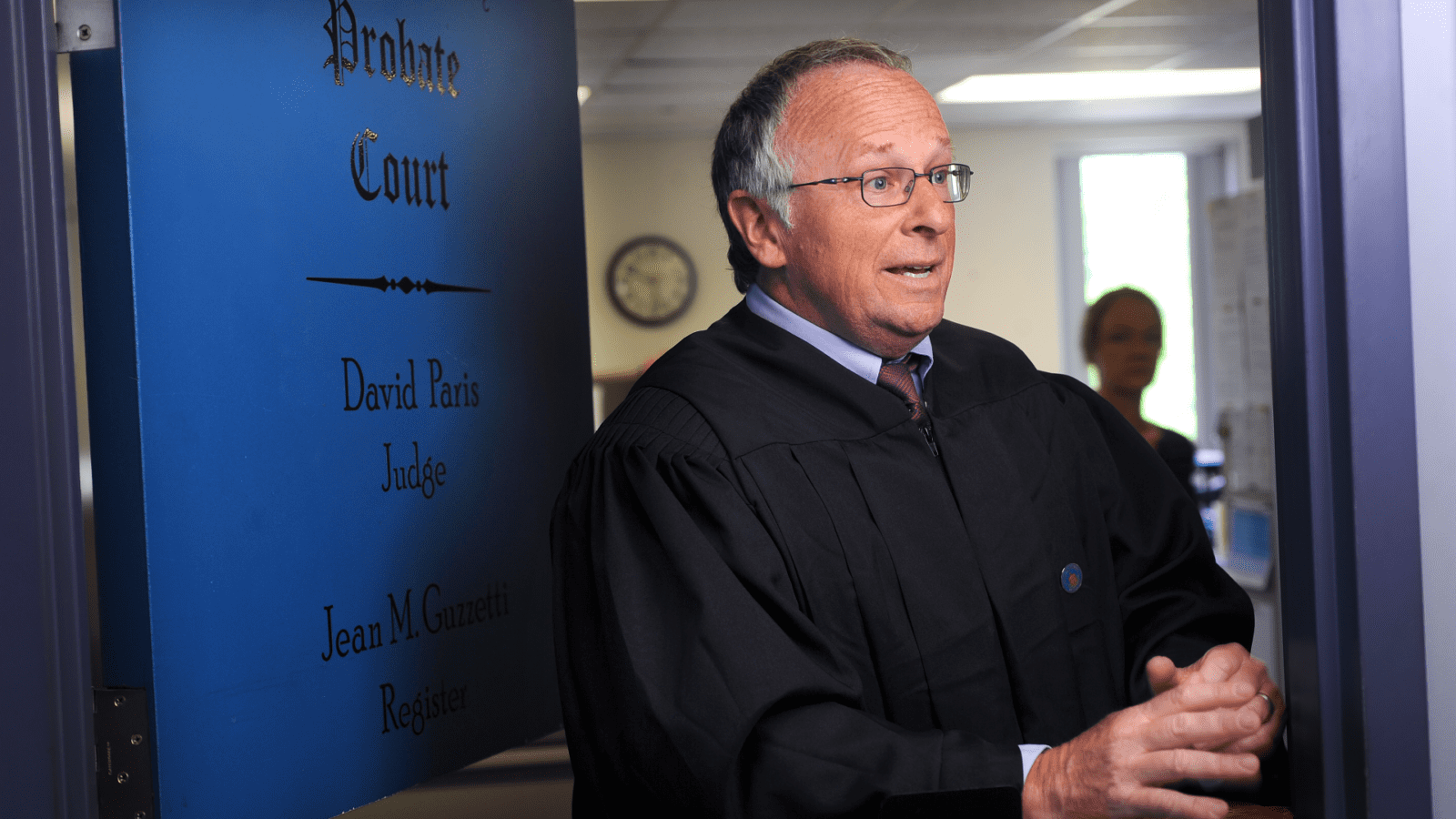For the Maine Monitor, Samantha Hogan found that the state’s 16 judges who manage probate cases, including those that establish guardianships for people unable to care for themselves, operate with few methods to ensure safe outcomes. With support from the Fund, Hogan found that few probate courts run criminal background or bankruptcy checks on potential guardians for aging adults, people with disabilities or those with mental illness. There is such a lack of oversight that multiple probate courts don’t know how many guardianships they have approved or whether the people they are responsible for are still alive. Legal experts say probate courts need to become part of the state’s judicial branch to protect Maine’s most vulnerable residents, yet for nearly 56 years state lawmakers, county officials and probate judges have rejected plans to overhaul the structure and increase funding for Maine’s probate courts.
Underfunded, and unable to do background checks on prospective guardians, Maine’s probate courts cannot ensure safety, grantee finds




